Tools to help you read the Bible
It is not always easy to pick up the Bible and immediately understand what’s going on, who the people are, or what the author’s original intent was when they wrote it. The material below is from the book Bible Study Methods: Twelve Ways You Can Unlock God’s Word by Rick Warren. These resources can be found on a quick Google search or purchased on Amazon.
Study Bible - An essential tool is a good study Bible that includes cross-references and concordance. It needs to be practical to use – print large enough to be read for long periods and wide margins for taking notes.
Several recent translations - The Bible has been translated in many forms, and comparing a passage in multiple translations will be invaluable.
Exhaustive concordance - Next to your Bible, an exhaustive concordance (geared to your biblical translation) is an essential tool for Bible study. It is a Bible index of the words contained in that version. It lists every usage of every word in the Bible, giving all the references where that word may be found.
Bible dictionary or a Bible encyclopedia - A Bible dictionary explains many of the words, topics, customs and traditions in the Bible as well as giving historical, geographical, cultural, and archeological information. Background material is also given for each book of the Bible, and short biographies are presented for the major people of both testaments. A Bible encyclopedia is an expanded Bible dictionary, with longer articles that deal in greater detail with more subjects.
Topical Bible – Similar to a concordance, except that it categorizes the verses of the Bible by topics instead of words.
Bible handbook – A handbook is a combination of an encyclopedia and a commentary in a concise form. It is generally used for quick reference when reading through a particular book of the Bible.
Commentaries – This is a scholarly collection of explanatory notes and interpretations on the text of a particular Bible book or section. The purpose of a commentary is to explain/interpret the meaning of a biblical message by analyzing the words used, background, grammar and syntax, and relation of that particular book to the rest of the Bible. Commentaries can help enhance our understanding of the Bible. Still, they should not be relied upon until you complete your study so as not to sway your thoughts.
